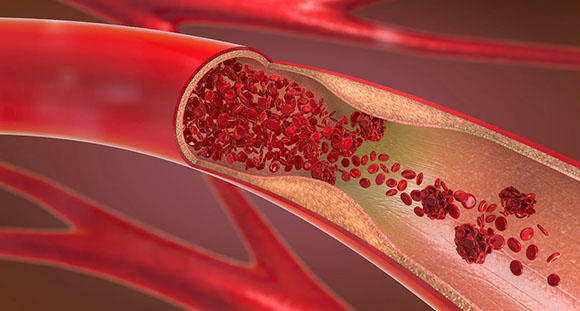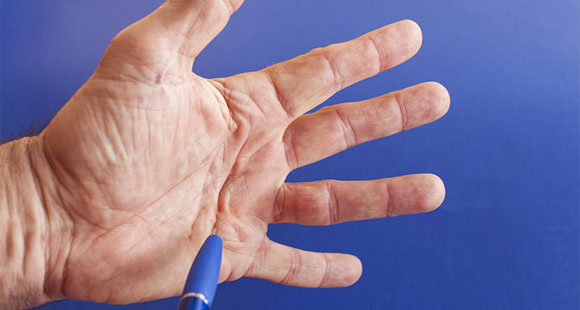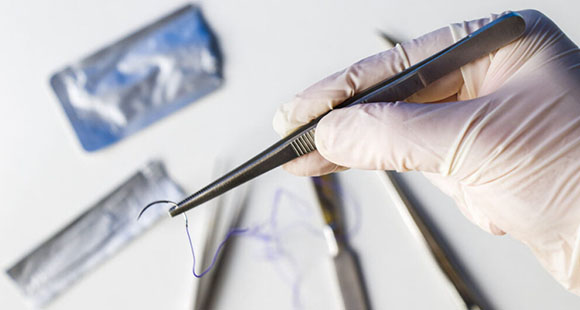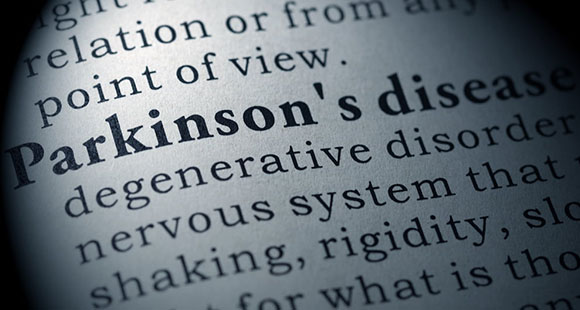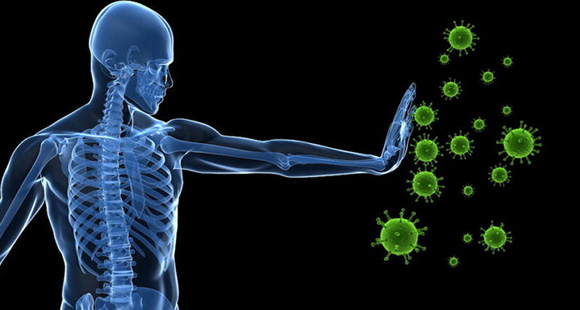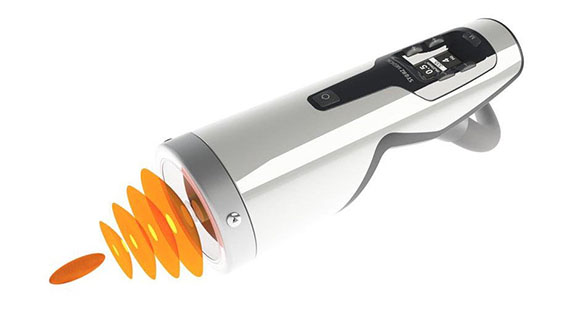antomical illustation demonstrating Hard FLaccid SyndromeMedical Medical illustration demonstrating Hard Flaccid Syndrome
Hard Flaccid Syndrome
Hard Flaccid Syndrome (HFS), also known as HF, is a condition that affects some men's sexual health, though it is not yet widely recognised in clinical practice. Individuals with HFS often report experiencing a semi-rigid or semi-flaccid state of the penis, even without sexual stimulation. In some cases, there may be a sensation of numbness, with discomfort or pain being a possible, though less common, symptom.
Find out more how MansMatters can help you.
Contact us for a complimentary 20-minute consultation with our men's health specialists.
Arrange a Free Telephone Consultation
Book a Treatment or Diagnosis
Receive More Information

What Causes Hard Flaccid Syndrome?
The exact cause of Hard Flaccid Syndrome (HFS) is not fully understood, though there are several potential contributing factors. These include injury to the pelvic floor or tailbone, penile trauma (sometimes resulting from sexual activity), and stress.
Hard Flaccid Syndrome (HFS) not only affects the way the penis feels at rest, but can also impact a man's ability to achieve an erection, making penetrative intercourse challenging. In some cases, it may also cause discomfort when urinating or passing stool.
Changes in penile sensation and appearance are key features of HFS, helping to distinguish it from conditions such as Chronic Pelvic Pain Syndrome (CPPS) and Benign Prostatic Hyperplasia



Common Complaints Among HFS Patients
The majority of the HFS patients are usually in their 20's and 30's and symptoms vary from patient to patient, but they usually seek medical advice due to the following common complaints:
- Unusual changes in penile firmness when not erect.
- Absence of spontaneous morning erections
- Decreased libido.
- Discomfort during ejaculation
- Discomfort during urination
- Penile curvature or changes in appearance, which can vary with arousal
- Pain and difficulty with erections, particularly when in an upright position
- Numbness, discomfort, or sensitivity in the genital area.
- Red and dry foreskin
- Difficulty achieving or sustaining an erection (erectile dysfunction)"
- Anxiety and depression often worse during times of stress
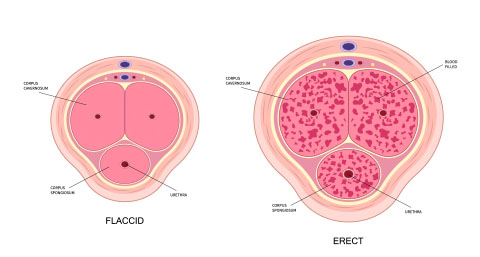
Causes of Hard Flaccid Syndrome
As of yet medical science hasn't been able to fully explain why and how hard flaccid syndrome actually occurs. The research is still ongoing. However, we do have some understanding on the development of HFS.
Erections occur when the muscles of the corpora cavernosa relax, allowing blood to flow into the penile tissues. In Hard Flaccid Syndrome (HFS), these muscles remain tense, restricting blood flow and making it difficult to achieve a full erection.
Physical trauma to the penis or surrounding region can damage the nerves responsible for controlling blood flow, leading to symptoms of HFS. In some cases, aggressive intercourse or injury may contribute to the development of this condition.
HFS can also result from an imbalance in the nervous system. The body's "fight or flight" response can divert blood flow away from the penis, reducing the ability to achieve or maintain an erection.
Mental stress and anxiety may worsen symptoms, as ongoing concern about erectile function can lead to further difficulties in achieving or sustaining an erection.

Medical cross section of hard flaccid syndrome
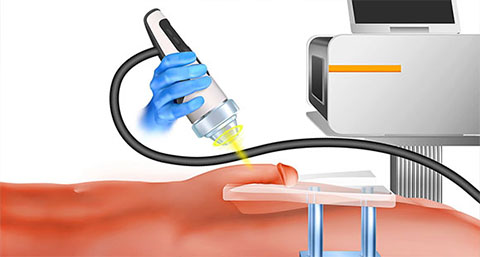
Support for Hard Flaccid Syndrome
Since being recognised as a sexual health issue, approaches to managing Hard Flaccid Syndrome have included options for pain management and pelvic floor physical therapy. Men experiencing stress, anxiety, or depression may also benefit from counselling support. More recently, our clinic has found that advanced therapies, such as focussed shockwave and EMTT, can make a significant difference, enabling patients to return to normal intimate relationships without discomfort."
Both of these therapies are non-invasive, with no major side effects and no need for incisions. Our focused shockwave therapy uses specialised sound waves to promote blood flow within the vascular tissues, potentially addressing plaque that may restrict circulation. EMTT complements this approach by using a strong magnetic field delivered to the vascular tissues, encouraging faster healing and regeneration of the cells that support vascular performance. Additionally, we can use the Tesla Chair to support treatment by targeting the pelvic region.
According to research published in The Journal of Sexual Medicine, specialised pelvic therapies can help relieve tension in the pelvic floor. Sessions are typically recommended over several weeks, depending on individual needs and specialist guidance."

Find out more how MansMatters can help you.
Contact us for a complimentary 20-minute consultation with our men's health specialists.
Arrange a Free Telephone Consultation
Book a Treatment or Diagnosis
Receive More Information
Hard Flaccid Syndrome FAQs
What Is Hard Flaccid Syndrome?
Hard flaccid syndrome or HFS is a sexual issue which is characterised by the semi hard and semi flaccid state of the penis. In this condition, the penis feels firm when touched even without any sort of stimulation.
Is Hard Flaccid Syndrome Common in Men?
It is not as common as Erectile Dysfunction or Peyronie’s Disease. It is a rare issue for men, but it can occur to anyone. If you believe you are suffering from it, you should seek medical advice.
What Are the Causes of Hard Flaccid Syndrome?
The exact cause of HFS is still not crystal clear, but some factors have been identified as possible causes. Penile trauma or damage due to aggressive intercourse and masturbation, imbalance in the nervous system and tensed muscles of corpora cavernosa are some of the possible causes of HFS. Stress can also be a major issue.
What Are the Symptoms of Hard Flaccid Syndrome?
Some of the common symptoms of HFS are that the penis will feel rigid even if it is in a flaccid state, lack of morning erections, painful urination, and ejaculation, reduced sexual desire, pain in the penis head, red and dry foreskin of the penis and Erectile Dysfunction.
Can I Suffer from ED Due to Hard Flaccid Syndrome?
Yes. Erectile Dysfunction is one of the symptoms and consequences of HFS. Your ability to obtain and sustain strong erections can decrease due to HFS.
How Does Hard Flaccid Syndrome Cause ED?
During an erection, muscles of the corpora cavernosa relax and therefore blood can flow within the penile tissues - This is how erections occur. But in hard flaccid syndrome, these muscles get tensed and therefore can’t be relaxed properly: blood cannot flow freely inside the penile tissues. The lack of blood supply in the penis leads to ED.
How Can I Decide Whether I Am Suffering from ED Only or From Both ED and Hard Flaccid Syndrome?
In hard flaccid syndrome, your penis will be semi hard even in a flaccid state. ED does not have such symptoms: If you fail to obtain and sustain strong erections, then you are suffering from ED. But if you feel your penis stays semi hard even when it’s flaccid and you are also suffering from erection problem then understand that you may be suffering from both ED and HFS.
Is Hard Flaccid Syndrome Treatable?
Yes, Hard flaccid syndrome can be treated. Up until recently there were limited treatments for this issue, with standard treatments involving medications to reduce pain and pelvic floor physical therapy. Thanks to technological advancements, procedures like focused shockwave therapy and EMTT have been shown to be effective.
Can Shockwave Therapy be Used to Treat Hard Flaccid Syndrome?
Shockwave therapy can be used to treat hard flaccid syndrome we use focused shockwave therapy as it is more effective than other types of shockwaves and also use it in combination with Extracorporeal MagnetoTransduction Therapy (EMTT) to increase the blood flow within the penile tissues and to promote the growth and regeneration of endothelial cells. These mechanisms effectively treat HFS and increase the ability of our patients to obtain strong and spontaneous erections.
How Many Shockwave Sessions Are Required to Treat Hard Flaccid Syndrome?
It really depends on the individual patients. Our standard shockwave protocol for HFS is either six or ten sessions
Knightsbridge
Richmond
Related Medical Conditions
Lifestyle
Men's Health
Erectile Dysfunction & Other Conditions
Useful Links
MansMatters is a Division of:

Privacy Policy | Terms & Conditions

